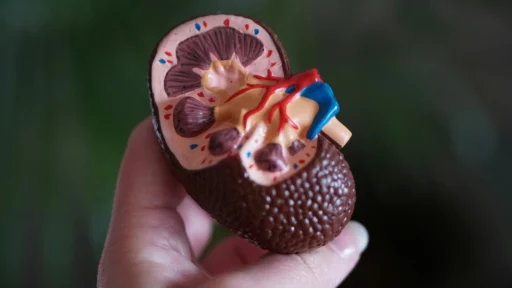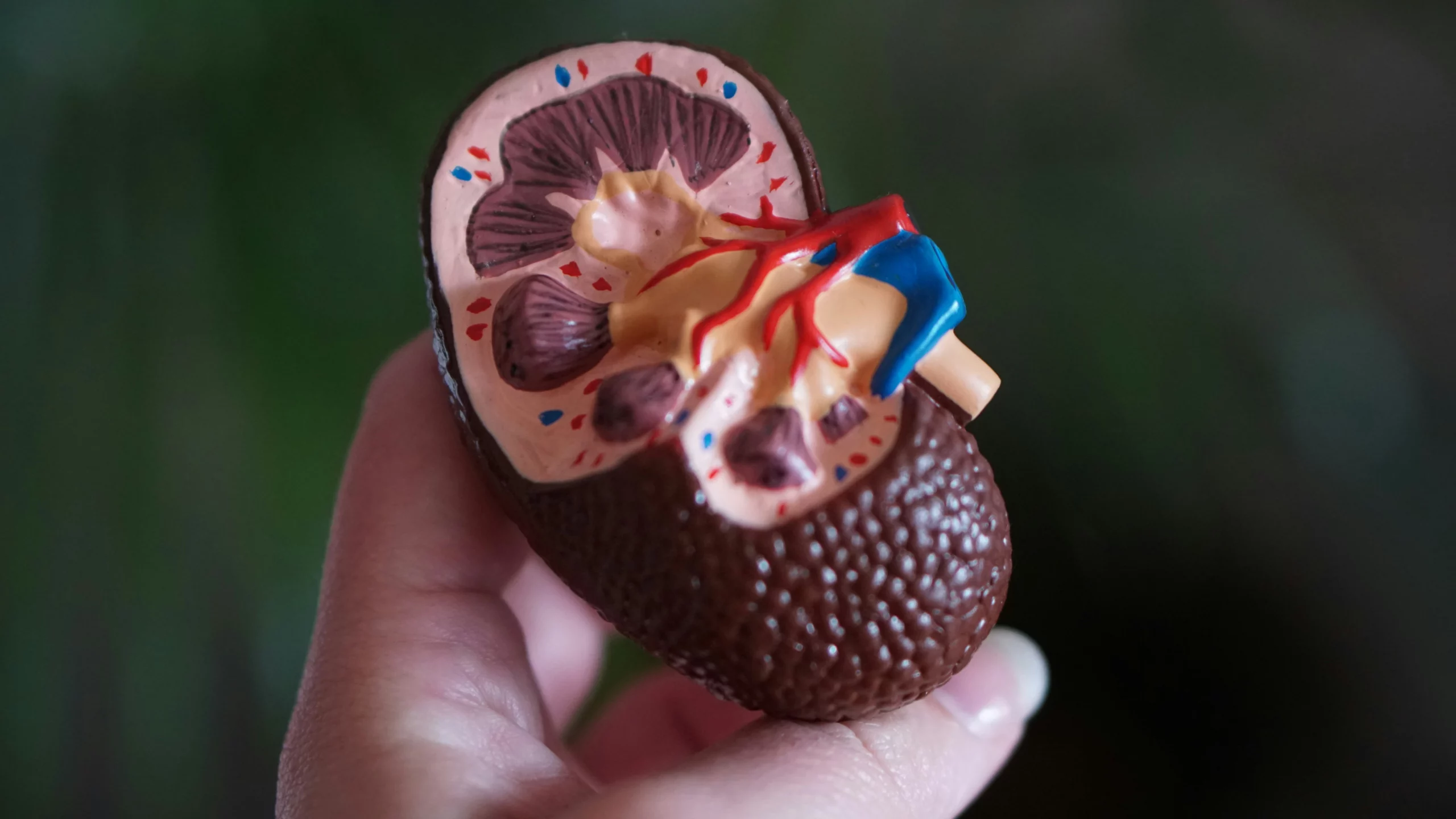As temperatures rise and outdoor activities increase, encounters with mosquitoes, spiders, ticks, bees, and other insects become more common. Unfortunately, these interactions often result in itchy and uncomfortable mosquito bites.
While it is impossible to eliminate mosquito bites or their symptoms instantly, most people can manage them effectively at home. Several treatments can help ease discomfort and accelerate healing.
Table of Contents:
- Over-the-Counter Pain Relievers
- Antihistamines
- Hydrocortisone Cream
- Baking Soda
- Calamine Lotion
- Cool Compresses
Over-the-Counter Pain Relievers
Acetaminophen (Tylenol) and ibuprofen (Motrin, Advil) are widely used over-the-counter medications that can help alleviate some of the discomfort associated with mosquito bites. While neither medication directly addresses the itching caused by mosquito bites, they play an important role in managing other common symptoms.
Acetaminophen works by reducing the sensation of pain that can sometimes accompany mosquito bites, particularly if the bite area becomes swollen or irritated. It is typically taken to manage mild to moderate pain and can be a helpful option for those experiencing discomfort from multiple bites or bites in sensitive areas. Acetaminophen usually begins to work within 30 to 45 minutes, making it a convenient choice for quick relief.
Ibuprofen, on the other hand, is a nonsteroidal anti-inflammatory drug (NSAID) that not only reduces pain but also helps minimize inflammation and swelling. This makes ibuprofen particularly effective in cases where the mosquito bite has caused noticeable swelling or redness. Like acetaminophen, ibuprofen typically begins to take effect within 30 minutes.
Antihistamines
Antihistamines are a common and effective treatment for relieving the itching and discomfort associated with mosquito bites. When a mosquito bites, the body’s immune system responds by releasing histamine, a chemical that triggers inflammation and itching at the site of the bite. Antihistamines work by blocking the effects of histamine, thereby reducing these symptoms.
There are different types of antihistamines available, both in oral and topical forms. Oral antihistamines, such as cetirizine (Zyrtec) and diphenhydramine (Benadryl), are particularly effective because they work systemically, providing relief from itching not only at the site of a mosquito bite but also for any other histamine-induced reactions in the body. Cetirizine is often preferred for daytime use as it is less likely to cause drowsiness, while diphenhydramine is frequently taken at night due to its sedative effects, which can help those struggling with sleep due to intense itching.
Topical antihistamines, available in creams or gels, can be applied directly to the bite area to provide localized relief. However, some studies suggest that oral antihistamines may be more effective in managing the itching and swelling caused by mosquito bites.
For many individuals, taking an antihistamine after a mosquito bite can significantly reduce the urge to scratch, which is important for preventing secondary infections caused by broken skin.
Hydrocortisone Cream
Hydrocortisone cream is a widely recommended treatment for relieving the itching and inflammation associated with mosquito bites. As a topical steroid, hydrocortisone works by reducing the body’s inflammatory response at the site of the bite, which helps to minimize swelling, redness, and the persistent itch that often accompanies a mosquito bite.
When a mosquito bites, it injects saliva into the skin, triggering an immune response that results in inflammation and irritation. Hydrocortisone cream helps to calm this response by suppressing the activity of chemicals in the body that cause inflammation. This can lead to a significant reduction in discomfort, allowing the affected area to heal more quickly.
Hydrocortisone cream is available over-the-counter in various strengths, typically ranging from 0.5% to 1%. It can be applied directly to the bite area one to two times a day, depending on the severity of the symptoms and the specific product instructions. For most people, the cream begins to relieve symptoms shortly after application, providing a soothing effect that can make the itching and irritation more manageable.
While hydrocortisone cream is effective for treating mosquito bites, it should be used as directed and not for more than a week unless advised by a healthcare provider. Prolonged use of topical steroids can lead to thinning of the skin or other side effects, so it’s important to follow usage guidelines carefully.
Baking Soda
Baking soda, or sodium bicarbonate, is a simple yet effective home remedy for relieving the itching and discomfort caused by mosquito bites. This common household item works by neutralizing the pH balance of the skin, which can help reduce the irritation and inflammation triggered by the bite.
When a mosquito bites, it injects saliva into the skin, leading to an immune response that often results in itching, redness, and swelling. Applying a paste made from baking soda and water can help soothe these symptoms. The alkaline nature of baking soda helps to counteract the acidic compounds in the mosquito saliva, providing relief from the itchy sensation that many people experience.
To use baking soda for a mosquito bite, mix a tablespoon of the powder with a small amount of water to form a paste. This paste can then be applied directly to the bite area and left on for about 10 minutes before being rinsed off. The application can be repeated several times a day as needed to manage symptoms.
Baking soda is a safe and accessible remedy that many people find effective in reducing the discomfort of mosquito bites. Its natural properties make it a particularly appealing option for those seeking a chemical-free treatment. However, it is important to note that while baking soda can alleviate itching and irritation, it does not prevent or treat any potential infections, so monitoring the bite area for signs of infection is still recommended.
Calamine Lotion
Calamine lotion is a time-honored remedy for soothing the itching and discomfort that often accompany mosquito bites. This pink, medicated lotion combines zinc oxide and ferric oxide, which work together to provide a cooling and calming effect on the skin.
When applied to a mosquito bite, calamine lotion acts in several ways to bring relief. The zinc oxide in calamine lotion has mild astringent properties, meaning it can help reduce redness and swelling by tightening the skin and soothing irritation. Additionally, the lotion forms a protective barrier over the bite, which can prevent further irritation from scratching or exposure to external elements.
The cooling sensation provided by calamine lotion helps to distract the nerves responsible for the itchy feeling, providing immediate relief from the discomfort that can make mosquito bites particularly bothersome. This makes it a go-to treatment for many, especially when multiple bites are present.
Calamine lotion is safe for use by both adults and children, although it should be applied under supervision in younger children due to its appealing color. The lotion can be applied several times a day as needed, using a cotton ball or a clean finger to cover the bite area.
Cool Compresses
Cool compresses are a simple yet effective way to relieve the itching and swelling associated with mosquito bites. When a mosquito bites, it triggers an inflammatory response in the body, leading to redness, swelling, and itching at the site of the bite. Applying a cool compress can help mitigate these symptoms by reducing inflammation and numbing the affected area.
The primary benefit of a cool compress is its ability to lower the temperature of the skin, which constricts blood vessels and decreases blood flow to the area. This helps reduce swelling and provides a soothing effect that can alleviate the urge to scratch, which is crucial in preventing further irritation or potential infection.
To make a cool compress, simply wrap an ice pack in a clean cloth or dampen a washcloth with cold water and apply it to the bite area for 5 to 10 minutes. This can be repeated several times a day as needed to manage discomfort. The cold temperature not only helps numb the skin but also temporarily interrupts the itch-scratch cycle that makes mosquito bites particularly troublesome.
Conclusion
While mosquito bites are an inevitable part of spending time outdoors, they do not have to be a source of prolonged discomfort. With a variety of effective treatments available, from over-the-counter pain relievers and antihistamines to home remedies like baking soda paste and cool compresses, most people can find relief from the itching and swelling that these bites cause.
By addressing symptoms promptly and appropriately, it is possible to minimize the impact of mosquito bites and continue enjoying outdoor activities with greater comfort.













